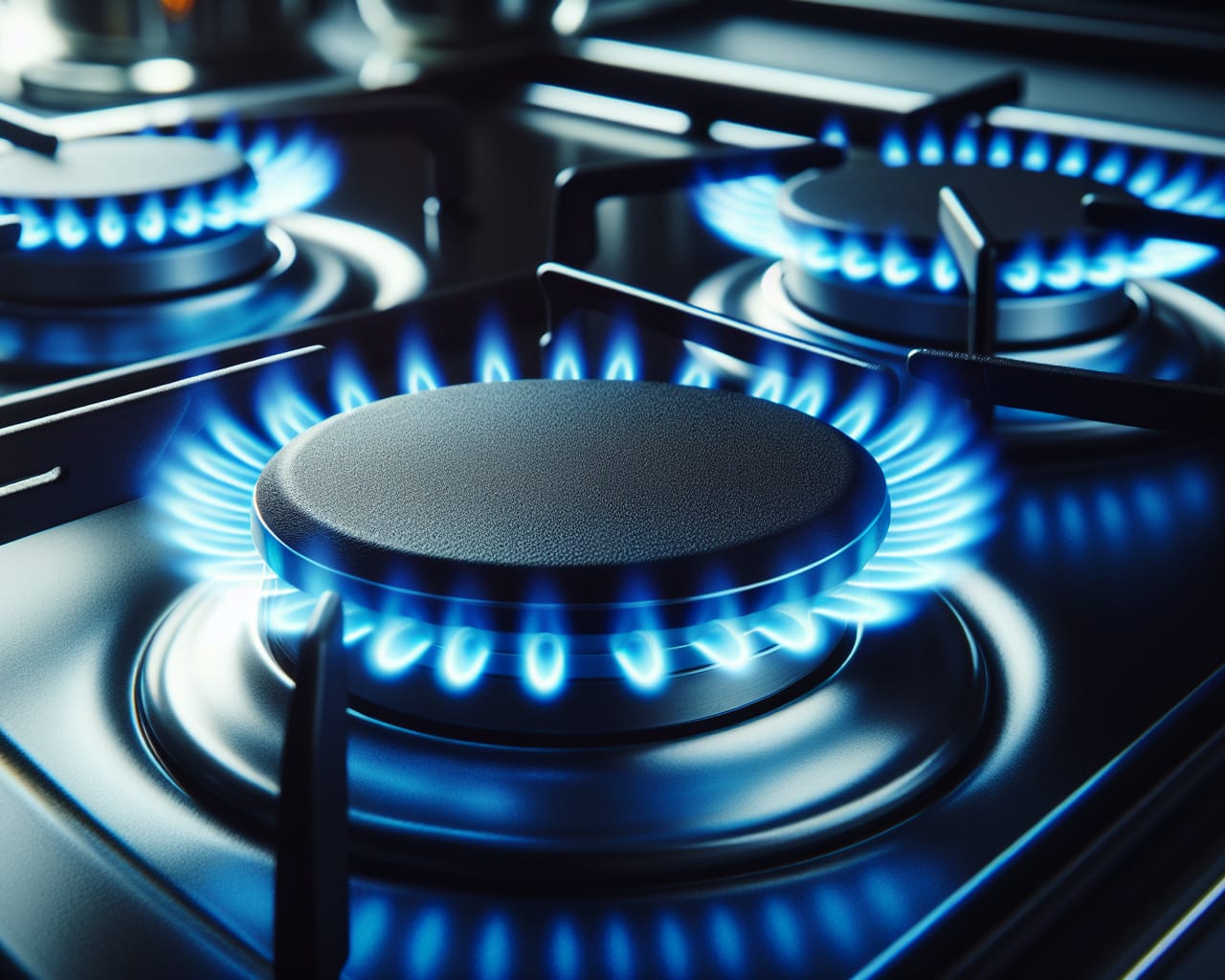According to a new study, gas stoves are responsible for approximately 40,000 early deaths each year, with many more cases possibly going unreported. The main concern isn’t the risk of explosions but the harmful effects of pollutants released during indoor gas cooking.
Research Overview
The study conducted by Jaume I University in Spain includes data from EU nations as well as the UK. A significant worry is the incidence of childhood asthma, which amounts to hundreds of thousands of cases. It’s estimated that about a third of homes in Europe rely on gas stoves for their cooking needs. The harmful emissions, including particulate matter and the irritating gas nitrogen dioxide produced during combustion, pose serious health risks.
Health Impacts
This type of pollution can shorten life expectancy by an average of two years, often leading to early heart and lung diseases. Additionally, greenhouse gases like carbon dioxide contribute to climate change. Consequently, places like New York are set to outlaw gas stoves in new constructions starting in 2024.
Popularity of Gas Stoves
Nevertheless, gas stoves remain quite popular; in Austria, for instance, about 25% of homes use gas for cooking, while in countries such as the UK, Romania, Poland, and Italy, the percentage is over 50%. Several factors contribute to this popularity. In areas with regular power outages or for individuals living off the grid, gas cooking offers greater independence from electricity providers. Additionally, gas cooking is often seen as quick, convenient, and, in some parts of Europe, more affordable.
The study was backed by the non-profit European Climate Foundation and coordinated by the European Public Health Alliance. Still, another study from May 2023 indicates that over 12% of childhood asthma cases in the US can be traced back to gas stove usage.
Recommendations for Change
Juana Maria Delgado-Saborit, the main author of the study, suggests improving ventilation and, whenever possible, switching from gas to electric stoves. She also points out that the actual number of deaths may be underestimated, since the study did not consider various other harmful substances emitted during gas cooking. In fact, Sara Bertucci from the European Public Health Alliance (EPHA) likens the risks of gas stoves to those of cigarettes:
For a long time, people overlooked the dangers of gas stoves. Similar to cigarettes, the health effects were often ignored – and like cigarettes, gas stoves are a small flame that fills our houses with toxic fumes.


Leave a Reply